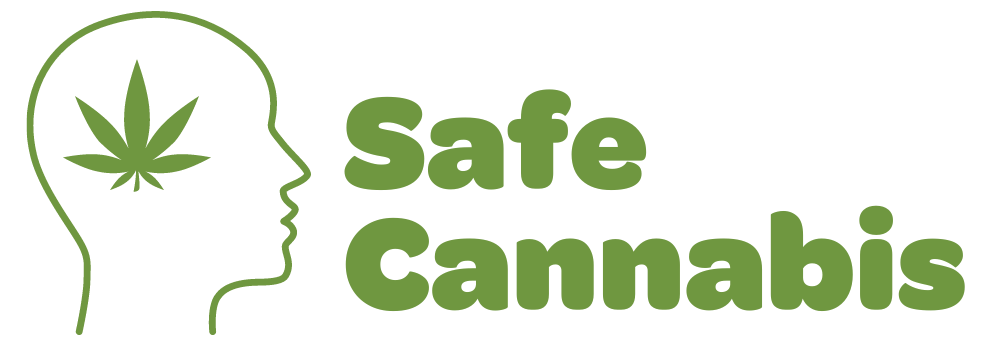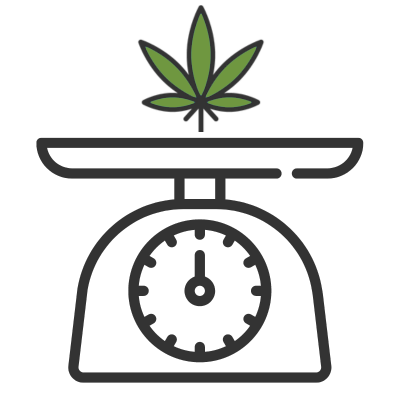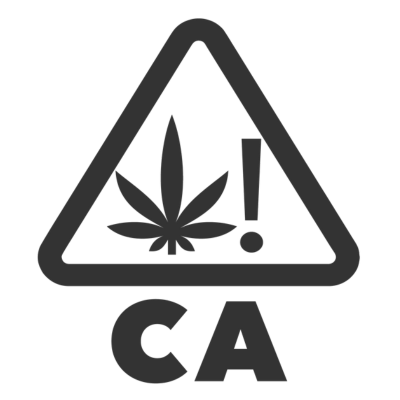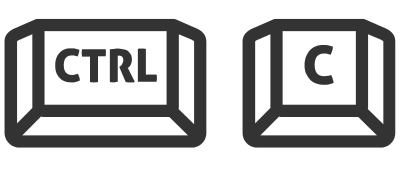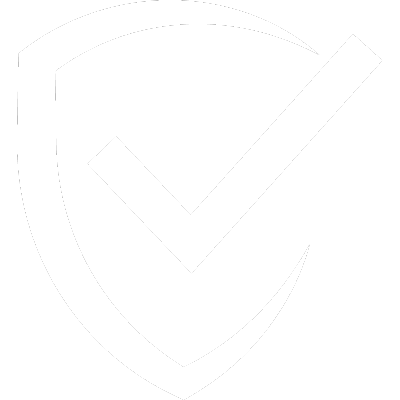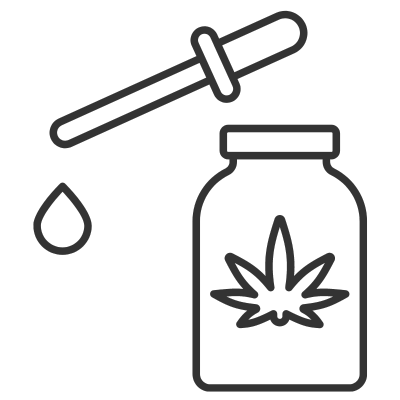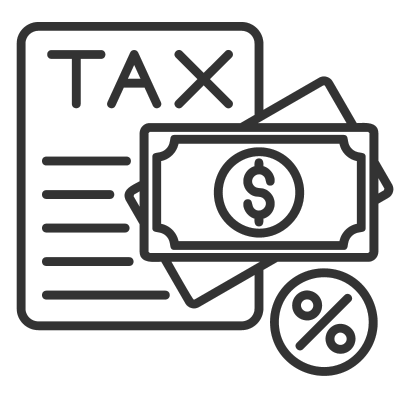7 Ways to Tell if
Your Weed is legal
Primary Labeling
Ensure the net weight, prop 65 warning, and product identity are listed clearly. This is a mark of a legitimate product. All Edible products must state “Cannabis-Infused”.
Childproof Packaging
All legal cannabis products must be tamper-evident and sold in certified child-resistant packaging. Packages that contain more than one serving must be resealable.
CA Universal Symbol
This symbol must be printed in black or white and made conspicuous by printing the symbol on a contrasting color. It must be no smaller in height than 0.5 inch.
Supply Chain Transparency
All legal products contain batch identification and a UID number on the packaging. The UID number is issued by Metrc, the state's track-and-trace system. If these are missing, it's not legal!
Beware of Imitations
Legal products are prohibited from mimicking traditional drink and candy brands. They Cannot imitate packaging used for products typically marketed to children or persons under the age of 21.
Manufacturer Details
Check for 'Manufactured by' details. Legitimate products will have transparent manufacturer information, including license number, contact information, and package date.
Online Verification
Cross-reference the product manufacturer’s information with the Department of Cannabis Control licensed businesses search to confirm its legality and authenticity.
How Legal Cannabis is
Your Safest Choice…
The 2018 Farm Bill, by legalizing hemp with THC levels up to 0.3%, inadvertently facilitated the rise of psychoactive hemp products like delta-8 THC.
This created a loophole allowing these products to be marketed and sold as legal hemp derivatives, despite their psychoactive effects.
As a result, such products found their way into unregulated spaces, including online shops and gas stations, exploiting this legal gray area with minimal oversight compared to regulated cannabis.
Be Aware of The Risks…
Regulation and Testing
Legal cannabis undergoes stringent testing for pesticides, heavy metals, and potency. This regulatory oversight ensures consumer safety, a process that psychoactive hemp products often bypasses.
Label Accuracy
The legal cannabis market requires accurate labeling of THC and CBD content. Consumers can trust the product's composition, unlike psychoactive hemp products, which do not adhere to labeling regulations.
Product Consistency
Legal cannabis products offer consistency in dosages and effects. In contrast, psychoactive hemp can vary widely in potency and may contain synthetic cannabinoids, leading to unpredictable experiences.
Consumer Education
Legal cannabis dispensaries provide consumer education and guidance. Staff can advise on safe consumption practices, which is seldom found with psychoactive hemp sales.
Legal Accountability
Producers of legal cannabis are accountable to regulatory bodies. If safety standards are not met, they face penalties. Psychoactive hemp producers, operating in a more gray area, often such accountability.
Purity and Safety
Legal cannabis products are less likely to contain contaminants or adulterants. Psychoactive hemp, however, might be processed using unsafe practices and can use synthetic cannabinoids, risking consumer health and safety.
Environmental Standards
Cannabis cultivated in the legal market must meet environmental regulations, reducing the ecological impact. The production of psychoactive hemp does not necessarily follow these guidelines.
Supporting Legal Economies
Purchasing legal cannabis supports regulated businesses and contributes to state revenues through taxes. Psychoactive hemp is untaxed, unregulated, and largely unaccountable to consumers.
